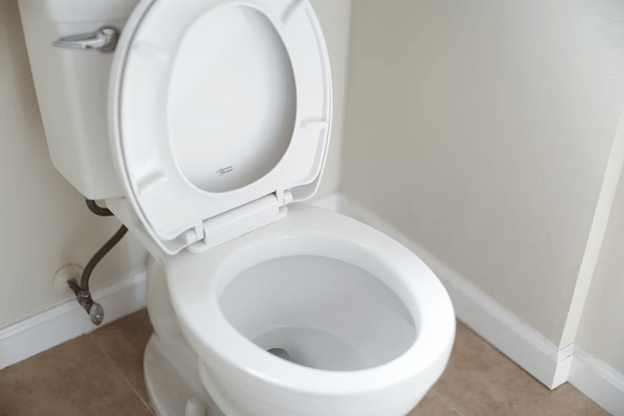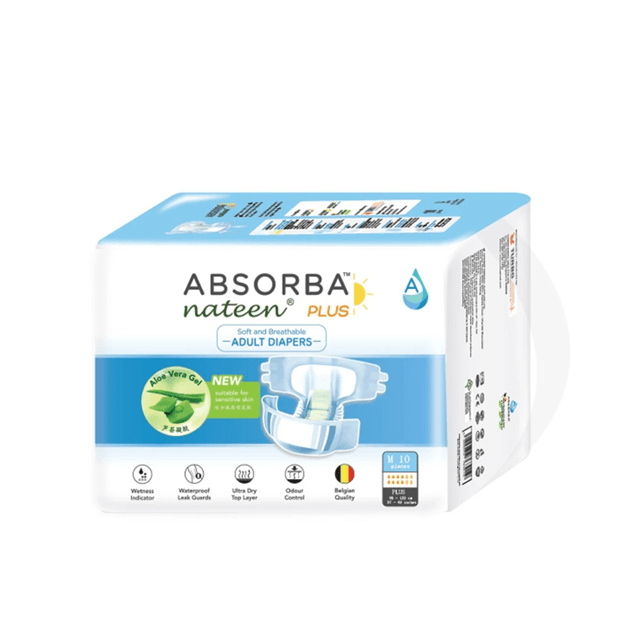
7 Tips for Care of Patient With Urinary Incontinence

Caring for patients with urinary incontinence is of utmost importance to ensure their comfort, dignity, and overall well-being. Urinary incontinence refers to the involuntary leakage of urine, which can significantly impact an individual’s quality of life.
Whether you are a caregiver, healthcare professional, or a loved one providing support, understanding the needs and challenges associated with urinary incontinence is crucial in delivering effective care. Tips and insights will be presented in this article to help patients with urinary incontinence manage this condition effectively.
Understanding Urinary Incontinence
To effectively care for patients with urinary incontinence, it is essential to have a solid understanding of the condition. Urinary incontinence can arise from various causes, including weakened pelvic floor muscles, nerve damage, urinary tract infections, and certain medical conditions. Different types of urinary incontinence can exist. There are three types of urinary incontinence: stress incontinence (leaking during activities that exert pressure on the bladder), urge incontinence (sudden, intense urges to urinate that lead to leakage), and overflow incontinence (unable to completely empty the bladder, which causes frequent leaks).
Each type of urinary incontinence requires specific care strategies and management approaches. Therefore, collaborating closely with healthcare professionals is vital in identifying the root cause of incontinence and creating a personalized care plan. Understanding the specific type of urinary incontinence a patient experiences enables caregivers to adjust their approach accordingly. This knowledge will serve as the foundation for providing effective care and support to individuals with urinary incontinence.
Tips for Care of Patients with Urinary Incontinence
Establish a Supportive Environment
Creating a supportive environment is essential for patients with urinary incontinence. This includes ensuring their physical comfort and safety. Make sure the patient has easy access to the bathroom, with clear pathways and adequate lighting.
Consider installing handrails or grab bars in the bathroom to provide additional support. Provide a calm, understanding attitude towards the patient, allowing them to discuss their needs and concerns with you.
Promote Hygiene and Skin Care
Proper hygiene and skin care are crucial for patients with urinary incontinence to prevent skin irritation and infections. Encourage the patient to maintain regular toileting routines, helping them with personal hygiene as needed.
Use mild, pH-balanced cleansers during cleansing to avoid further irritation. Afterward, gently pat dry the skin and apply moisturizers to keep it hydrated. Regularly check the skin for any signs of redness, irritation, or breakdown, and report any concerns to a healthcare professional promptly.
Provide Adequate Fluid Intake and Diet
Balanced fluid intake and a healthy diet play a significant role in managing urinary incontinence. Encourage the patient to maintain an appropriate level of fluid intake to prevent dehydration while avoiding excessive consumption that may lead to increased urine production. Educate them about bladder irritants such as caffeine and alcohol, which can exacerbate symptoms. Further, include fiber-rich foods in your diet to prevent constipation, which can lead to urinary incontinence.
Assist with Managing Absorbent Products
For individuals with urinary incontinence, the use of absorbent products can provide a sense of security and confidence. Educate the patient about the different types of incontinence products available, including pads, briefs, or specialized garments. Demonstrate how to properly use and dispose of these products to maintain hygiene and prevent discomfort. Regularly check the fit of the products to ensure they are providing adequate protection and comfort, and make adjustments as necessary.
Implement a Toileting Schedule

Developing a toileting schedule can help manage urinary incontinence by promoting regular bathroom visits and minimizing accidents. Work with the patient to establish a schedule based on their individual needs and preferences. Establish specific times for toileting throughout the day and use prompts or reminders to help the patient follow the schedule consistently. This approach can help train the bladder and improve control over urinary function.
Implement Pelvic Floor Exercises
Pelvic floor exercises, also known as Kegel exercises, can help strengthen the muscles responsible for controlling urine flow. Educate the patient about the importance of pelvic floor exercises and demonstrate proper technique. Advise them to perform these exercises regularly and gradually increase the intensity and duration as tolerated. Physical therapists can provide further guidance and support in the correct performance of these exercises if necessary.
Offer Emotional Support
Living with urinary incontinence can be emotionally challenging for patients. It is essential to provide emotional support and reassurance throughout their journey. Be empathetic and understanding, acknowledging their feelings and concerns.
Encourage open communication, allowing them to express their emotions and fears. Share information about support groups, online communities, or counseling services that can provide additional emotional support.
By implementing these tips, caregivers and loved ones can effectively care for patients with urinary incontinence, helping them manage the condition and enhance their quality of life. Remembering that everyone’s needs are unique, a personalized approach and open communication are essential in delivering optimal care and support.
Types of urinary incontinence products offered by Absorba Nateen

When it pertains to urge incontinence, adult diapers might be of assistance. Having a reliable solution that acts as a protective barrier during moments of heightened concern about leaks is invaluable.
To make things simpler for you, shop for adult incontinence necessities with us today. Ranging from adult diapers to underpads and adult wipes, we are the one-stop shop here to address any incontinence concerns.
Choosing the perfect adult diaper can be overwhelming with the wide range of styles, sizes, and fabrics available. If you’re looking for adult diapers that provide the finest leakage protection, go no further than Absorba Nateen. SAP (Super Absorbent Polymer) layers in adult diaper pants keep you dry for up to 10 hours while ensuring optimal cleanliness.
At Absorba Diaper, we are Singapore’s leading distributor of adult diapers with a wide selection of eco-friendly and ultra-soft adult pull-up diapers catered to your every need. We can help you or your loved ones overcome incontinence together and live your life to the fullest!
Contact us for any inquiries regarding our adult diapers.
